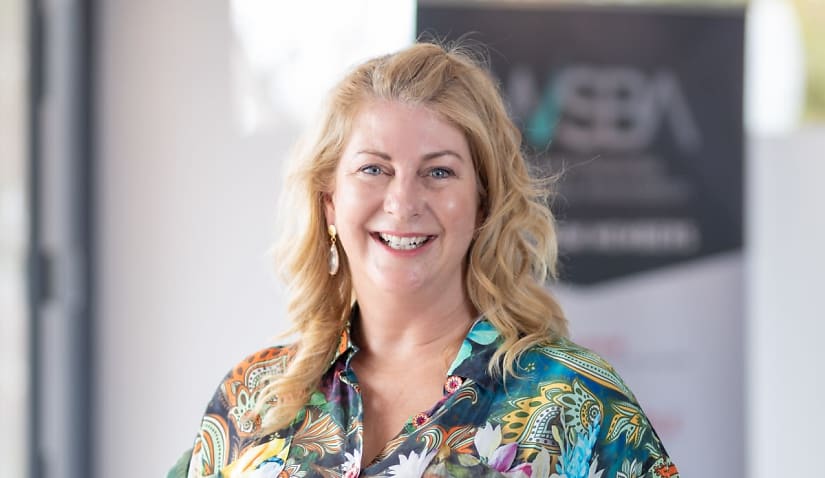When merging two law firms, a well-defined change management plan is a must, writes Sandra Morrell.

How do you take two different legal firms with different clients and cultures and have everybody start working together as a productive and united team?
The right answer is a well-defined change management plan must occur well before any organisation merges with another.
Merging two practices can be complicated and emotional, and many fail because there’s too much emphasis on the financial implication at the expense of culture and employee morale — and fears around job security or worse, losing valued employees when it’s not done properly.
In this instance, the culture the partners originally created certainly helped build the practice, but time had brought change and a new and engaged culture was required to reflect the merged firms.
Culture is one of the dominant barriers to effective integrations. Bringing together large groups of lawyers with their own personalities, titles and ambitions, and behavioural traits can be fraught with problems.
You’d be surprised, but murmurings of “we do it this way” not only lead to stress and speculation but it can create an “us versus them” mentality. Worse, the duplication of roles and unclear reporting lines inevitably put firms on a collision course with the merging practice.
The road to buying out or joining another legal firm is a long one, and your growth and profitability plan will be compromised if senior lawyers and longstanding clients sense the merger is not to their benefit and leave.
When Perth lawyer Catriona Macleod’s legal firm at the time, Cullen Babington Macleod (as it was then called) acquired a specialist liquor-licensing practice, she recognised the significance of the change management challenges. She worried how the two different practices would get along. Her key question to me was — how do we do this and achieve the merger we want, have everyone culturally aligned, happy to work together and provide a seamless transition for the clients?
Catriona said she’d watched other firms struggle during mergers, and there was a lot at stake to ensure that by combining the businesses, everyone would share the same objective, and take ownership, for the merger to work.
Without a doubt, the key to this successful merger was seeking third-party external advice and help. Very rarely can a successful merge occur in-house without people trained to assist.
I spent considerable time with Catriona, mapping out the personalities and cultural differences and discussing them with the leadership team before everyone was brought together.
Baseline assessments were carried out to identify blockages and potential barriers to change. Having content team members was always my focus.
What we were both keen to avoid was a situation where one practice exhumed the other, creating a toxic environment or where one firm felt threatened and under-valued.
Impressively, Catriona wanted the change management process to be handled with empathy. She recognised the importance of understanding fears and staff resistance to change.
Organisations tend to neglect the people aspect of change management and fail to conduct cultural due diligence.
To make a good business better, consider the following: